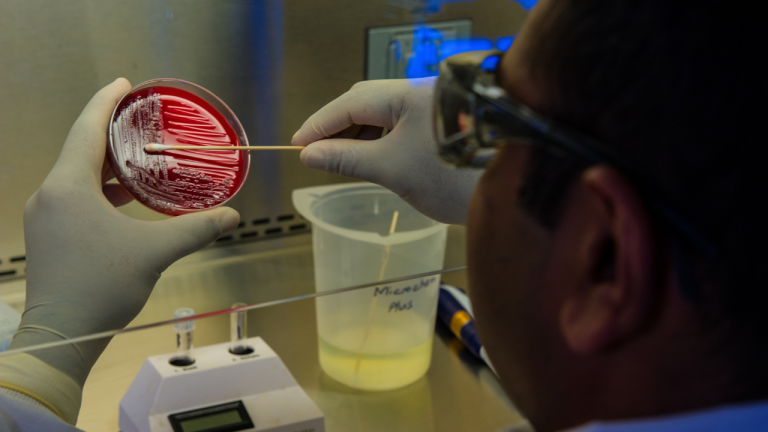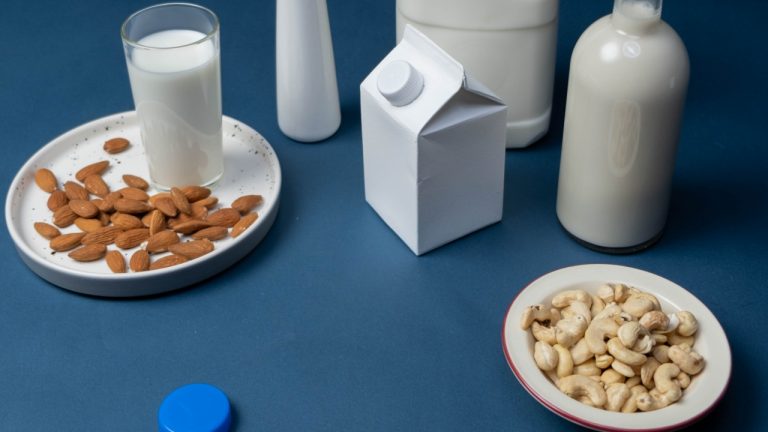How Can I Improve My Kidney Function With My Diet?

A healthy diet can play an important role in supporting kidney function. Here are some tips for improving kidney function with your diet:
Manage your protein intake: Eating too much protein can put extra strain on your kidneys. If you have kidney disease, your healthcare provider may recommend limiting your protein intake. Choose high-quality sources of protein, such as lean meats, fish, poultry, eggs, and plant-based sources like beans and lentils.
Reduce your sodium intake: Eating too much sodium can increase blood pressure and put extra strain on your kidneys. Aim to limit your sodium intake to no more than 2,300 milligrams per day (or 1,500 milligrams if you have high blood pressure or kidney disease).
Eat more fruits and vegetables: Fruits and vegetables are rich in vitamins, minerals, and fiber, and can help support kidney function. Aim to include a variety of colorful fruits and vegetables in your diet, as each color contains different nutrients.
Stay hydrated: Drinking enough water is important for kidney function. Aim to drink at least 8 cups of water per day, or more if you are physically active or live in a hot climate.
Limit phosphorus and potassium: If you have kidney disease, your healthcare provider may recommend limiting your intake of phosphorus and potassium. These minerals can build up in the blood when kidney function is impaired, leading to complications.
Talk to your healthcare provider: If you have kidney disease, it’s important to work with a healthcare provider or registered dietitian to develop a personalized nutrition plan that meets your specific needs.
It’s also important to note that if you have kidney disease or any other medical condition, you should always consult with your healthcare provider before making any changes to your diet or lifestyle.



